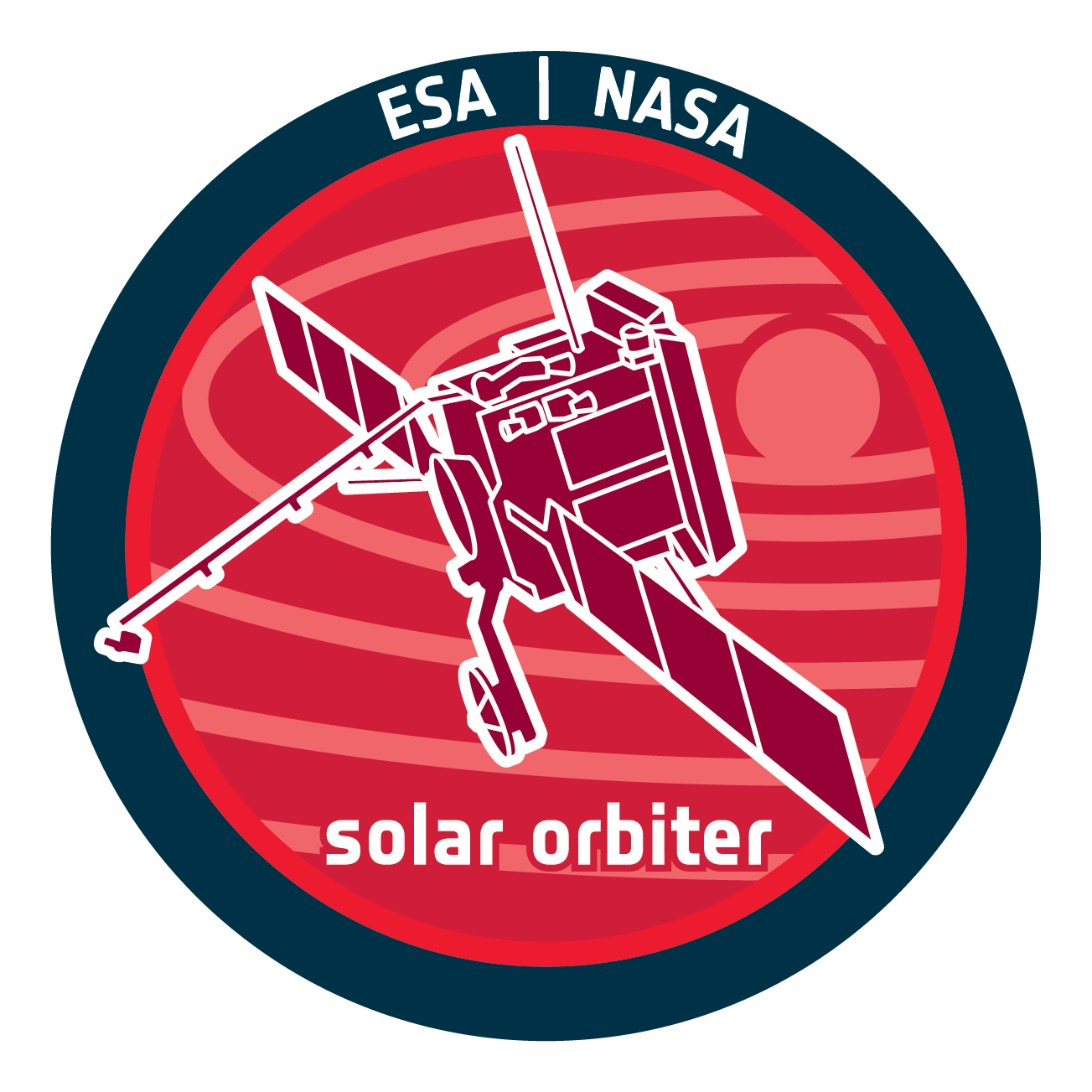Data Requests - Solar Orbiter Archive
DATA REQUEST
For the data request, there are two different types of command:
1) the data_item_id is used - since each data_item_id is given in the request, this is only for requesting very few files at once
or
2) the data request contains a query, which can return the products that fulfil the query criteria
For the first type of request:
product_type can be SCIENCE, LOW_LATENCY or TELEMETRY (TM for authorised access only)
For both types of request:
retrieval_type can be LAST_PRODUCT (for latest version) or PRODUCT or ALL_PRODUCTS (for all versions)
retrieval_access can be DIRECT (default, so not needed) or DEFERRED (for asynchronous downloads)
Note that for very large requests (up to 50 GB), the request will probably be accepted but is likely to timeout, so in this case, please use an Asynchronous Request.
WITH THE WHOLE DATA_ITEM_ID:
Knowing the data_item_id (e.g., solo_L[1,2,3]_descriptor) of a file we want, we can then download the data by making a data request. This consists of different parts that make up a different URL to put into the browser.
We are going to the same address to get the information, but asking for data ('data?' instead of 'tap/sync?'):
https://soar.esac.esa.int/soar-sl-tap/data?
then product_type=SCIENCE because we haven't specified a table (an alternative might be 'LOW_LATENCY')
product_type=SCIENCE&
then RETRIEVAL_TYPE=PRODUCT or ALL_PRODUCTS, depending if we want the latest version or all versions (which will come in a tar file)
RETRIEVAL_TYPE=PRODUCT&
then a data_item_id:
data_item_id=solo_L2_mag-srf-normal_20200415
Again, this can be copied and pasted into a browser address bar to get the results:
https://soar.esac.esa.int/soar-sl-tap/data?product_type=SCIENCE&RETRIEVAL_TYPE=PRODUCT&data_item_id=solo_L2_mag-srf-normal_20200415
WITH THE WHOLE FILENAME:
The above the way to get the data without specifying the table or making a query, but the queries can be used to get data too. For example, if we wanted to download an AUXILIARY file, the object of our query is the filepath and filename and the table in this case is v_auxiliary_file:
SELECT filepath,filename FROM soar.v_auxiliary_file WHERE filename='solo_ANC_soc-kernels-complete_V106_20200910_001.zip'
built up into the URL as before:
https://soar.esac.esa.int/soar-sl-tap/data?
retrieval_type=PRODUCT&
QUERY=SELECT+filepath,filename+FROM+soar.v_auxiliary_file+WHERE+filename='solo_ANC_soc-kernels-complete_V106_20200910_001.zip'
OR AS A QUERY (Using wildcards):
Where the ADQL would be:
SELECT filepath,filename FROM v_sc_data_item WHERE data_item_id LIKE 'solo_L2_mag-%_20220415'
LIKE allows us to use a wildcard, which for strings in tables is '%' for multiple character wildcard (instead of the usual *, and % is URL encoded as '%25') and '_' for a single character wildcard (instead of the usual '?', and _ is URL encoded as '%5F')
https://soar.esac.esa.int/soar-sl-tap/data?
retrieval_type=PRODUCT&
QUERY=SELECT+filepath,filename+FROM+soar.v_sc_data_item+WHERE+data_item_id+LIKE+'solo_L2_mag-%25_20200415'
https://soar.esac.esa.int/soar-sl-tap/data?retrieval_type=PRODUCT&QUERY=SELECT+filepath,filename+FROM+soar.v_sc_data_item+WHERE+data_item_id+LIKE+'solo_L2_mag-%25_20200415'
This query will request all L2 data files from MAG for 2022-04-15.








































 Sign in
Sign in
 Science & Technology
Science & Technology
